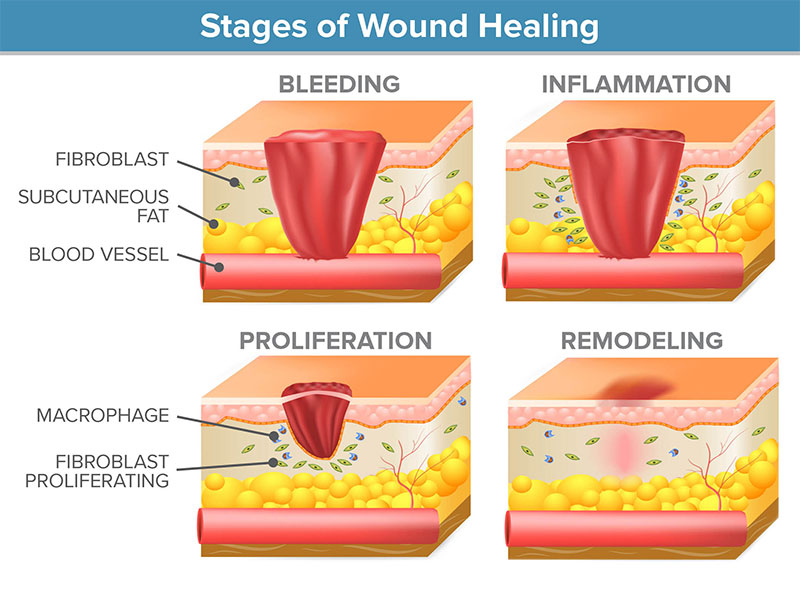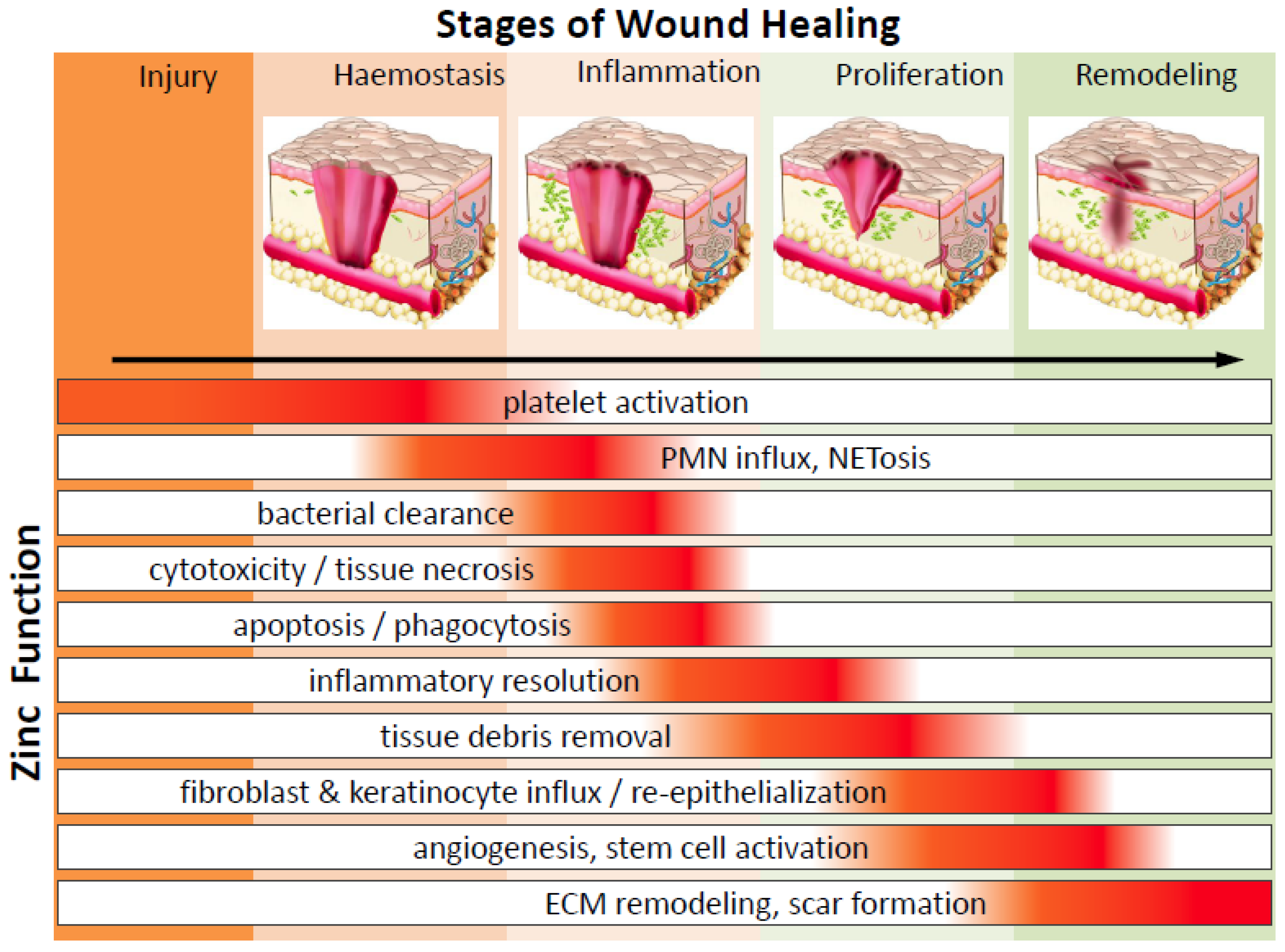Proteins and Wound Healing
Protein and Wound Healing – Know the importance!!
Role of Proteins
A needle prick while sewing or a cut while using the knife is a common scenario in our everyday life. Other than few seconds of distress, we tend to forget about the wound, which after some days magically heal. Well, it is not magic but science. A science that involves food that we eat. Food that provides good nutrition, especially Proteins.
Proteins are essential for the wound to heal and the skin to maintain its integrity. A protein deficiency delays healing in wounds.
(https://www.ncbi.nlm.nih.gov/pmc/articles/PMC2642618/)
What is Protein?
Protein is a vital nutrient that has many key roles in the human body and amino acids are the building blocks of Protein.
Protein makes up the cell structure in muscle, organs, red blood cells and connective tissue.
They are also important as enzymes for metabolism and antibodies in immune functions.
Protein also provides structure and support to skin,hair,nails etc with the help of fibrous proteins collagen, elastin, and keratin.
Protein synthesis is an important part of any tissue repair.
(https://www.ncbi.nlm.nih.gov/pmc/articles/PMC2642618/)
Why are Proteins important in Wound Healing?
Proteins are an important element in all aspects of wound healing. The wound healing process takes place in three phases:

Inflammatory Phase

When there is an injury in your body, for example, while cutting vegetables you accidentally get a cut on your finger, your skin would turn red and become inflamed. Within a few seconds bleeding would start.
The healing process begins with a protein called fibrin that helps to form a clot to stop the bleeding and to form a protective barrier.
Proliferative Phase
In the proliferative stage, cells migrate to the site of injury to repair the tissue by forming new collagen fibers.
Remodeling Phase
The collagen fibers helps to pull the edges of the wound together that begins the process of wound contraction, which in turn results in wound closure.
More collagen accumulates at the wound site, forming a scar. And it takes over weeks or months for the remodeling of the scar tissue.
Another process called tissue regeneration which regenerates an exact structural and functional copy of the lost tissue helps replace the scar tissue with a new, fully functional tissue.
Low protein diets slows down the wound healing and impairs tissue regeneration.
(https://www.ncbi.nlm.nih.gov/pmc/articles/PMC6429075/)
Role of Amino Acids
Amino acids play a key role in the functioning of antibodies, macrophages and a healthy immune system. In addition, those that play an important role in wound healing are arginine and glutamine.
1. Arginine promotes wound healing by increasing collagen build up and improving both immune function and nitric oxide production. Nitric oxide is essential in the inflammatory phase and in the production of collagen. Arginine stimulates T-cells (immune cells) and the production of growth hormone, essential in the process of wound healing.(https://www.ncbi.nlm.nih.gov/pmc/articles/PMC4217039/)
2. Glutamine has several roles in wound healing through its metabolic, enzymatic, antioxidant, and immune properties. It protects against infections and complications from inflammation in wounds. In addition, glutamine is the major fuel source in the mechanism involved in wound healing. (www.mdpi.com/journal/ijms)
Why are dietary proteins significant in wound healing?
Arginine and glutamine are naturally produced by our body. But, when an injury occurs, there is an increased demand for these amino acids. This demand has to be provided through the diet.(www.mdpi.com/journal/ijms)
If there is an inadequate amount of protein in the body, it may prolong the inflammatory stage of wound healing, increasing susceptibility to infections and impair production of collagen which delays wound healing.
Hence a greater demand for high quality proteins through diet
(https://www.ncbi.nlm.nih.gov/pmc/articles/PMC6429075/)
What are the sources of Protein?

Food of animal origin are called complete proteins because they contain all the essential amino acids such as whole eggs, beef, poultry, fish, milk, cheese, and yogurt.
Among plant foods, quinoa, buckwheat and soy products are complete protein sources.
Other plant sources include legumes, nuts, seeds, tofu etc.
Plant proteins work best in combination with other plant proteins for example combining grains with legumes.
Key Takeaway
Optimal nutrition is necessary for the process of wound healing. Wound healing requires new tissue to replace the old. And to build new living tissue, proteins are critical.
Inadequate protein in the body not just delays wound healing but increases the risk of infections. Hence good sources of protein from diet is required to boost the immune system, promote collagen synthesis, and improve healing time.
Comments
Post a Comment